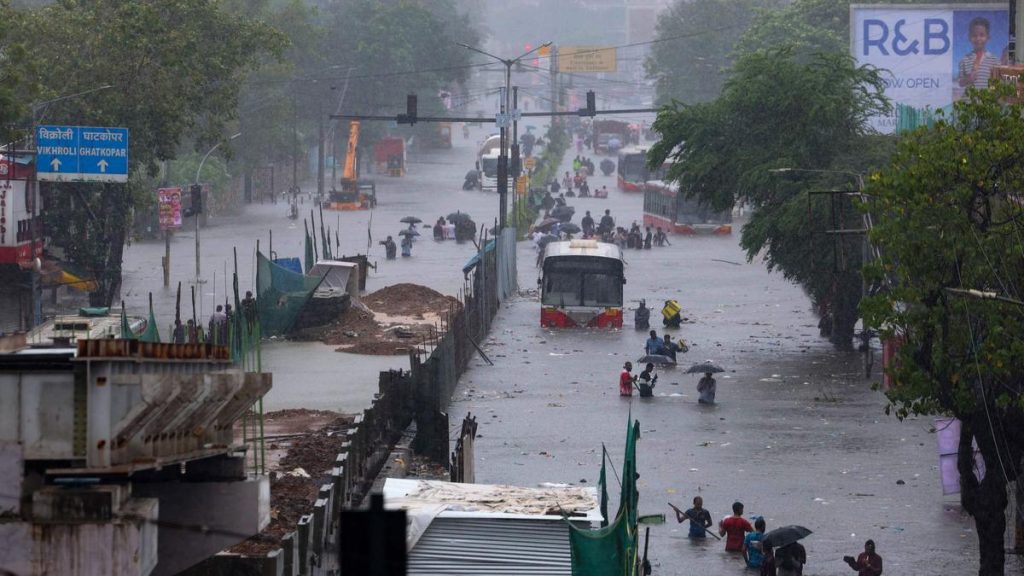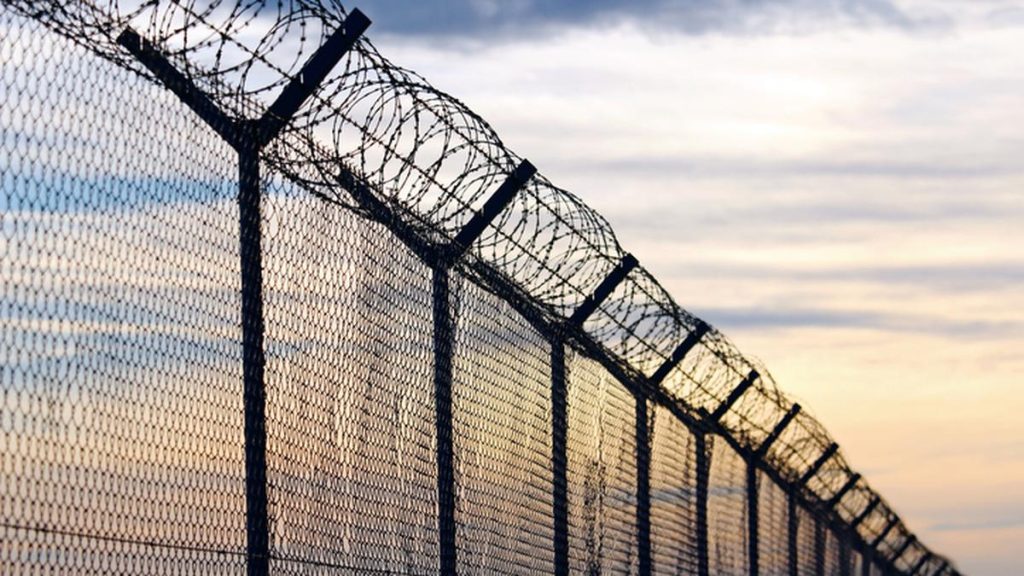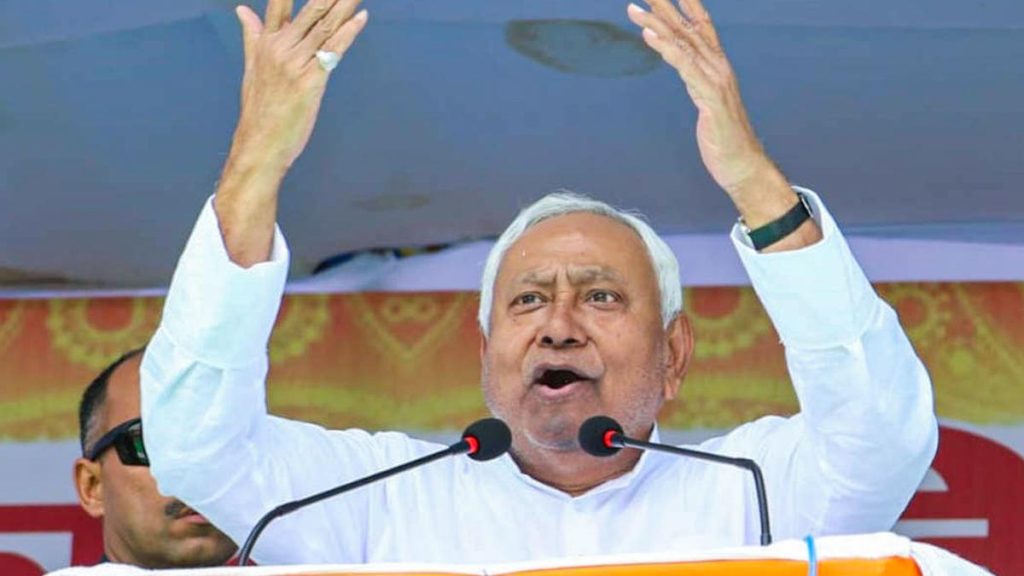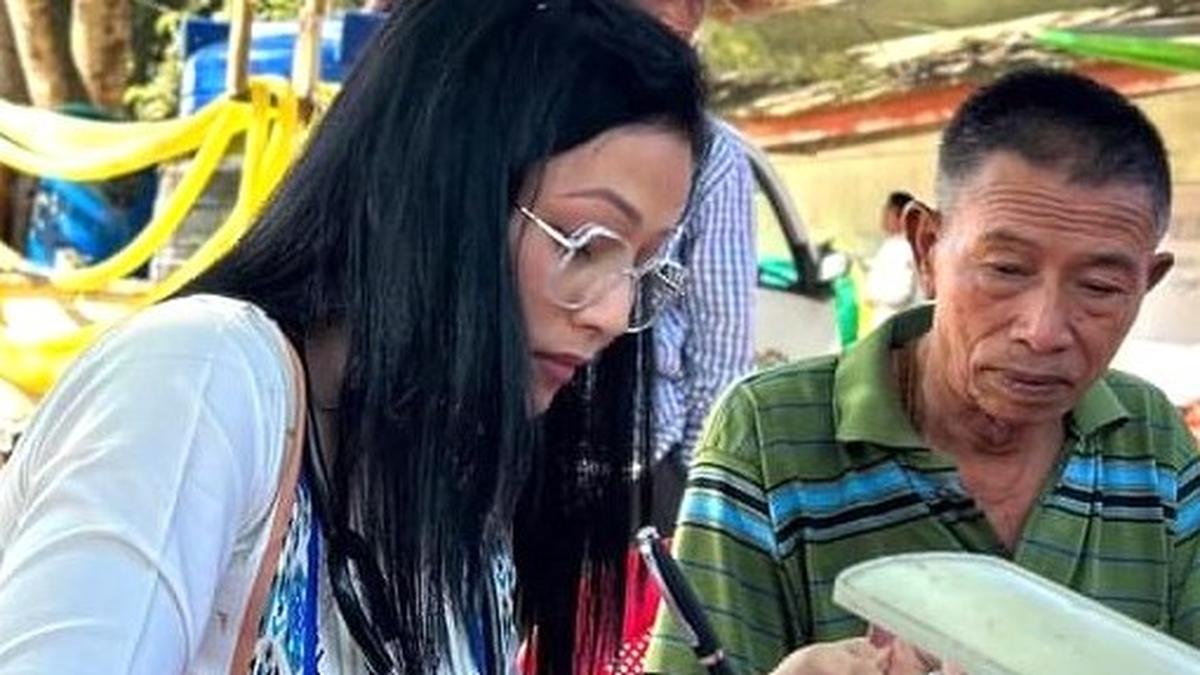Now Reading: BJP Warns of Dharna Over Delay in West Bengal College Admissions
-
01
BJP Warns of Dharna Over Delay in West Bengal College Admissions
BJP Warns of Dharna Over Delay in West Bengal College Admissions
Quick summary
- College admissions delay: West Bengal has not initiated college admissions, and the results of WBJEE (conducted April 27) remain unpublished. The delay is attributed to the pending Supreme Court case concerning OBC reservation lists.
- Leader of Opposition’s warning: BJP’s Suvendu Adhikari warned of protests outside Bikash Bhavan if admissions and results are not finalized by August 24, 2025. He met Governor CV Ananda Bose, seeking intervention on this matter.
- Impact on students: Around 5 lakh candidates await WBJEE results while medical/dental NEET UG counselling was halted per a directive from West Bengal’s Directorate of Medical Education. Concerns about privatization in higher education were raised.
- SFI protests: Students federation of India (SFI) activists protested delays near Bikash Bhavan for both WBJEE and NEET UG processes. Several protestors were detained.
- Opposition allegations: BJP alleged state misgovernance is leading to declining confidence in West Bengal’s educational institutions,possibly driving students away from the state.
Indian Opinion Analysis
The prolonged delay in publishing key examination results like WBJEE and halting counselling for NEET UG raises significant concerns about governance and administrative efficiency within West Bengal’s education sector. The expressed frustrations reflect broader implications for student welfare-especially regarding lost time during critical academic transitions-and potential harm to the reputation of institutions across the state.
High-stakes situations such as unresolved court cases on reservations demand cautious legal maneuvering but also timely solutions to mitigate unintended consequences like reduced student enrollment within state-run establishments or forced migration to out-of-state options. Effective coordination between judiciary outcomes and government departments may require greater proactive planning.
Public demonstrations by SFI activists underscore how strongly these issues resonate among student groups; though, addressing institutional bottlenecks systematically might prove more productive than political confrontations alone.
Read more: Link
























